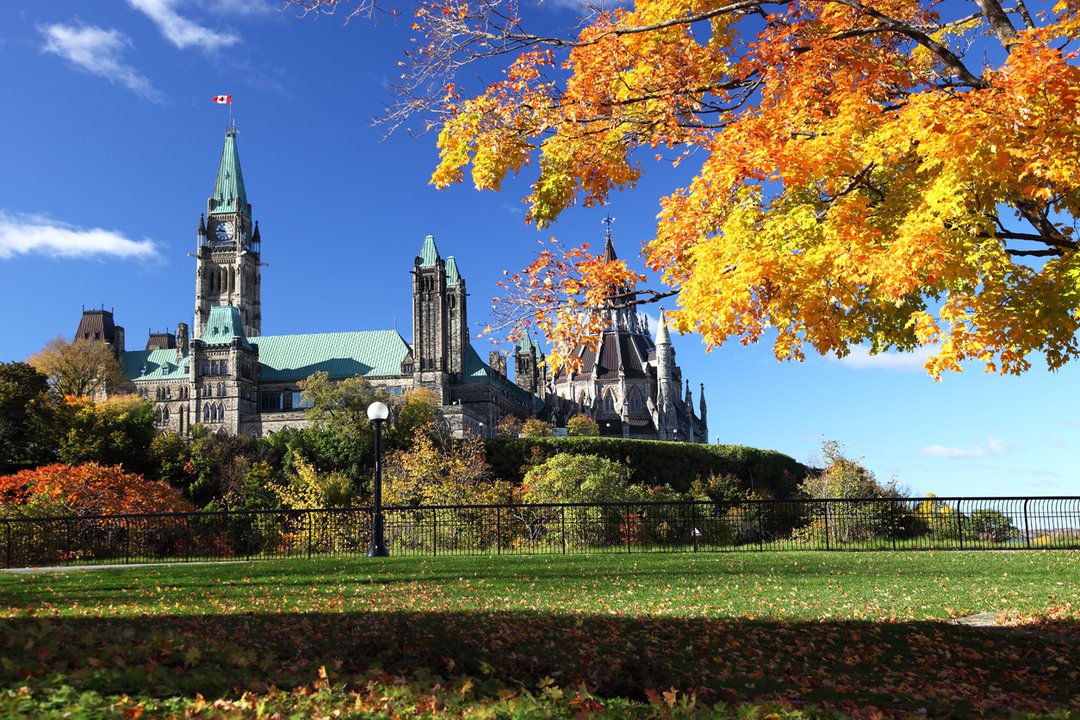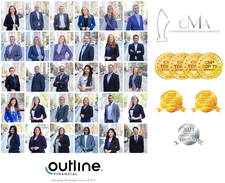
By Kevin Lynch | Paul Deegan Contributors
Oct. 12, 2021
In response to a question at a 2002 U.S. Department of Defense news briefing, then-Secretary Donald Rumsfeld responded, “ … there are known knowns; there are things we know we know. We also know there are known unknowns; that is to say we know there are some things we do not know. But there are also unknown unknowns — the ones we don’t know we don’t know.”
As the newly re-elected government prepares to meet Parliament, Canada faces a number of “known unknowns:” macro uncertainties that, despite their near absence from the election campaign, are real, challenging, and should command our strategic policy attention and serious bipartisan engagement.
Pandemic uncertainty. First and foremost is COVID. It is neither the first global pandemic nor the last, but its impacts have been massive and will be long lasting, including on consumer and business confidence. The key is taking steps to assure (and reassure) Canadians that we are better able to predict and protect in the future.

iStock-183818304.jpg
Economic uncertainty. Near-term economic uncertainty is high, and the list of where and why is depressingly long. How volatile are our short-term growth prospects, particularly in certain sectors such as retail and tourism? When and how much will interest rates rise and what will be the reaction of highly leveraged sectors and households? Is the recent pickup in inflation a blip or a trend? Does government debt matter anymore, or can governments simply eschew fiscal anchors and operate without budget constraints? What does the pivotal shifting of global supply chains mean? And where will the unfolding impact of the fourth wave of COVID take us?
Competitiveness uncertainty. A short-term issue and a longer-term issue for Canada, with Canadian productivity levels well behind the U.S. (74 per cent of U.S. business levels) and other major competitors such as Japan and Germany. At the same time, corporate Canada is lagging badly in technology adoption (ranked 24th among OECD countries). The net result is that our sustained growth risks being sub two per cent, with all that entails for living standards, business growth prospects, and government finances.
Trade uncertainty. Near term, Canada-China tensions have had trade spillovers, with China targeting exports from specific Canadian firms and sectors to send a geopolitical message. As well, the Canada-U. S. trade relationship is also hitting bumps with the Biden administration doubling down on “Buy America,” softwood lumber, Line 5, border frictions, lack of welcome to energy exports and a possible carbon border adjustment tariff. And global supply chains are in flux with reshoring, near-shoring and shore-shifting raising uncertainties about certainty of supply, resiliency of supply, cost of supply and geopolitical risks to supplies. We are in the early stages of de-globalization after three decades of growing global interconnectedness, and Canada is a trading nation.
Climate change policy uncertainty. Post the upcoming (late October) Glasgow COPP Summit, the federal (and provincial) government will have to be more specific on how Canada will meet its climate change COPP commitments, and the design of these decisions will impact the pocketbooks of businesses and consumers, affect the competitiveness of business and meaningfully shape the growth prospects of the natural resource-intensive Canadian economy.
Digital uncertainty. The combination of remote working due to COVID and the new technologies that permit work from anywhere raise immediate questions about hybrid work models, office real estate needs, and business travel considerations. More deeply, they raise the question of how much “place” matters for digitally intensive firms. More broadly, pervasive digitization raises uncertainty as to how we deal with Big Tech, data privacy, data rights, data security, data protocols, online harms, and copyrighted content in a digital world.
Social uncertainty. The election campaign highlighted social tensions around vaccination mandates and public health rules. But social uncertainties run deeper: income inequality, gender inequality, lack of diversity, reconciliation with Indigenous peoples, and confidence in our institutions. These uncertainties, without clear paths forward, can sap social cohesion and have negative economic, political, and trust consequences.
None of these uncertainties is unique to Canada; they do impact us. They are not solely political uncertainties; they impact all of us. They are not just risks; they create opportunities for countries which reduce some/all of these uncertainties. While countries cannot eliminate “absolute uncertainty” given the pervasive nature of these forces, they can reduce “relative uncertainty” by taking steps designed to, and perceived to be, responding to these uncertainties. Such risk mitigation can be an economic and social differentiator relative to other countries and competitors. Just like the two hunters being chased by a bear, one hunter has to be relatively faster than the other hunter, not the bear, to survive.
To succeed in the post-COVID world, Canada has to aim higher, embrace change and better understand that good economic policy is good social policy and vice versa. In getting there from here, Canadians need an “economic and social GPS” for today’s disruptive and uncertain environment, one that charts a realistic course through these uncertainties. It is time for all parties in Parliament to work collectively together to build such a Canadian GPS for the 2020s.


